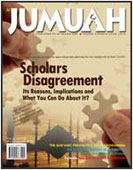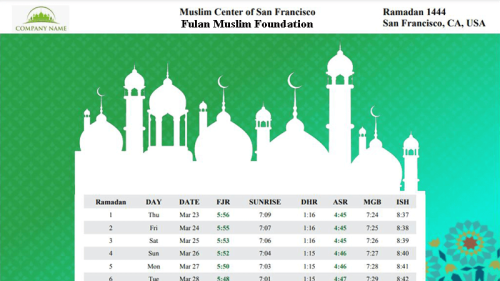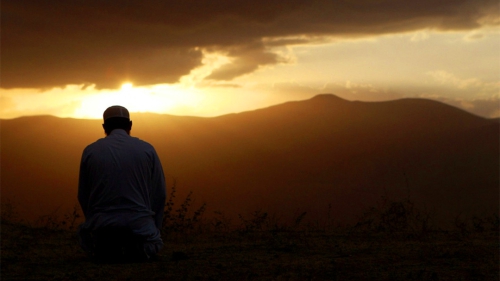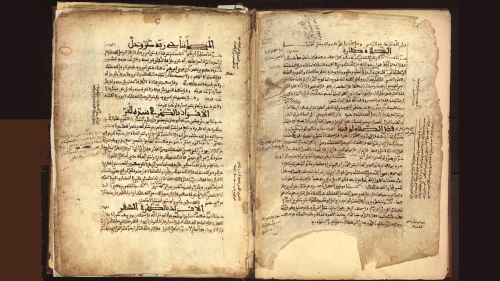Performing Salah at the Beginning of its Time

There are rulings attached to the different times within the allowable time for a particular salah. So, for example, praying Asr salah half an hour after its time begins is not the same as praying it two hours after its time begins. Here is more detail about the different rulings regarding different times:
The Maliki scholars state that the best time for any salah is the beginning of its time due to the statement of the Prophet salla allahu alayhe wa sallam, "The best of deeds in the sight of Allah is salah at the beginning of its time" (Bukhari). Some Malikis also mention the statement that "The beginning of the time is when the pleasure of Allah (is earned)" as a hadeeth from the Prophet Muhammad, sallallahu alayhe wa sallam, as reported by Daraqutny. Many of the Scholars of Hadeeth however classify it as fabricated.
So it is recommended that a per son hasten to salah after the entrance of its time always, whether it is winter or summer, whether it is for Dhuhr salah or any other salah, and whether a person is making salah alone or in congregation.
It is not meant by this that one should hasten to perform salah at the very second that it comes in, rather it means that one should strive to per form salah during what is reasonably considered the beginning of its time. So one should not hasten salah to the point that they abandon the sunnahs that come before the salah. It is also recommended for congregational salah to wait until a fourth of Dhuhr time has passed if others have not yet arrived in order to give them a chance to catch the salah.
Hanafis Scholars state that it is desirable to delay Dhuhr salah until the directness of the sun is lessened and the walls of buildings give more shade so that it is easier to walk to the masjid. The Prophet, sallallahu alayhe wa sallam said, "If the heat becomes intense then seek to pray salah at the cooler time for indeed excessive heat is from the winds Hell" (Bukhari). However, in the winter or in colder climate regions one should hasten to make Dhuhr at the beginning of its time. If one has doubt about whether or not the time of a certain salah has entered then they should delay that salah until they become reasonably certain about the entrance of its time. Most masajid pray Dhuhr salah at the beginning of its time regardless of the weather or the season. In this situation one should pray the salah with the local Imam even if he js not praying at the most preferable time. This is because of the importance of performing salah in congregation.
As for Asr it is preferable to delay it a little beyond the beginning of its time as long as one does not delay it until the color of the sun becomes soft (about an hour or so before Maghrib). Delaying Asr salah to the point that the color of the sun becomes soft is hateful almost to the point of being haram. If one is relatively certain that the time of Asr has entered but they have doubts about the end of the time then they should perform the salah sooner rather than later so that they do not risk delaying it to the end of its time or even worse, missing it all together. As for Maghrib it is always preferable to pray Maghrib immethately due to the statement of the prophet sallallahu alayhe wa sallam, "Indeed my ummah will always be in a state of original purity (fitrah) as long as they do not delay Maghrib until the time when the stars come out" (Tabarani). However if one is uncertain that the time for Maghrib has began, such as during a cloudy day when a person has no watch, then he or she should delay salah a little until they feel more certain that its time has entered.
As for Isha, it is preferable to delay it for sometime but not beyond the first third of the night. The Prophet, sallallahu alayhe wa sallam said, "Had I not feared burdening my ummah I would have commanded them to delay Isha until a third of the night or half of it had passed" (Tirmithi). It is best, though, to pray with the local congregational salah even if they do not delay Isha.
As for Fajr it is best to delay it until the sky has brightened to the point that it is obvious that Fajr has time has began.The Prophet, sallallahu alayhe wa sallam said, "Delay Fajr a little (asfiru bil-fajr) because in that is a greater reward" (Ahmad). However people should make sure that they pray Fajr early enough that if they realized their Fajr salah was invalid for some reason they would have enough time to repeat the salah in a calm manner.
The times when salah is makrooh (disliked) according to the Hanafi school of thought are five;
1) During sunrise
2) The time prior to sunrise in which it is not possible to complete the Fajr salah
3) When the sun reaches its zenith
4) During sunset
5) The time between salah of Asr and sunset. As for the time between the entrance of Asr time and the actual performance of Asr, there is no discouragement about praying during that time unless the sun has declined in the sky to the point that its glow has softened.
The Shafi'i Scholars have divided every salah time into the following eight categories:
1) The most preferable time; that is the time it takes to perform all the neccessary preparations for the salah in a moderate way, which has been determined to be about forty-five minutes.
2) The preferable time, this time lasts from the beginning of the salah time and ends when there is still enough time to perform the salah at least one more time in its entirety.
More specifically, for Dhuhr it ends when there is enough time to perform the salah as mentioned. For Asr it ends when the shade of every object is twice its own length. For Maghrib it is synonomous with the most preferable time (Maghrib time being so short). For Isha it ends with the passage of a third of the night, and for Fajr it ends shortly after the sky brightens clearly. So, for Fajr, from the beginning of the time until shortly the sky becomes bright is the preferable time and within that the most preferable time of salah is when the sky becomes bright.
3) The time of permissibility; this is the time where delaying of salah has not yet reached the level of hatefulness, but do delay it beyond this time is either hateful or forbidden, although the salah is still valid as long as it is completed within its time. This time ends in Asr with the yel lowing of the sun rays, with Isha it ends with the false dawn, with Fajr it ends with reddening of the horizon, and with the other salahs it ends with enough time to complete the salah in a moderate way.
4) The time of forbiddance; the time that is forbidden to wait until which is when there is not enough time left to perform the entire salah.
5) The time of necessity; that is if someone had a valid excuse not to perform salah and then their reason for not having to perform salah ended with at least enough time to make the takbeerat-ul-ihraam (about two seconds) . In this situation one must make up the salah they missed and the one before it, if it can be joined with it, immethately. So if a woman somehow became certain that her menstrual cycle ended two seconds before sunset, then she would have to make up Asr as well as Dhuhr since Dhuhr and Asr are joinable. However if she had the same situation right at the end of Maghrib time then she would only have to make up Maghrib because it cannot be joined with the salah before it.
6) The time of "catching a passed" the salah; this is when one has a valid excuse not perform salah which begins after having enough time to perform the salah, (That is, the excuse began ten minutes or more after the entrance of the salah time when one still hadn't performed the salah). This person must make up the salah when the excuse is lifted because he could have performed it before the excuse began.
7) The time of excuse; that is the time of two salahs joined together for travel or hardship.
8) The time when salah is permissible yet it is hateful to delay it beyond this time. There is not a time like this for Dhuhr, With Asr it begins with the yellowing of the sun,
With Maghrib it begins after forty-five minutes,
With Isha it begins with the false dawn, and
With Fajr it begins with the reddening of the horizon. All of these times end with the beginning of the time when there is only enough time to make the salah. In the case of an emergency, such as fighting a fire, it may become an obligation to delay a salah until after its time has expired.
If a father were to command his son or daughter to delay salah so that the father could pray in congregation with his child then the child would be obligated to delay the salah as long as the delay leaves enough time for the completion of the salah at a moderate pace before the expiration of its time.
It is also preferable for someone to delay salah until after eating if the table has been set and he or she is hungry. Yet people should generally plan their eating around salah times and avoid being in that situation.
*****
Article provided by Al Jumuah Magazine, a monthly Muslim lifestyle publication, which addresses the religious concerns of Muslim families across the world.
To subscribe please visit https://www.aljumuah.com/subscription


















